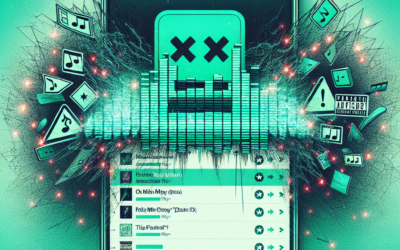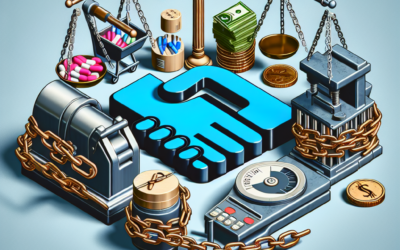If you talk to an IT professional you’ll hear a whole host of jargon – and, whilst it’s tempting to tune it out, it’s just as well if you know roughly what they’re talking about. Here are a few terms that you’ll hear when your IT people are talking about your website.
- Domain registrar – this is the organisation that you buy the domain name (the name of your website) from. This can be a .com, .co.uk, .net, .biz, .me, .ws. .tv or .org (there are others too).
- Domain registrant – this is the person who is listed as owning your domain name. If your web developer or designer buys your domain name on your behalf, be very clear that it must be registered in your name or if you change web companies or the company goes out of business you can lose your website.
- IP address – this is a series of numbers and full stops that tell the internet where you’re located. Every device that is directly connected to internet (router, servers, email servers, etc) has a unique IP address.
- Domain Name Servers (DNS) – your website needs a minimum of two name servers. These change your domain name into an IP address – Think of them as a telephone directory.
- ISP – Internet Service Provider, this is the company who supplies your broadband connection giving you access to the internet.
- Web servers or hosting – this is a place where your website is ‘parked’ that makes it visible to other people on the internet.
- Email hosting – this provides the platform for your emails to land and take off from so that you can send and receive messages.
All these can be provided by separate companies, but it’s good practice to keep as many of them as possible together to make life simple and give you less hassle should something go wrong.



0 Comments